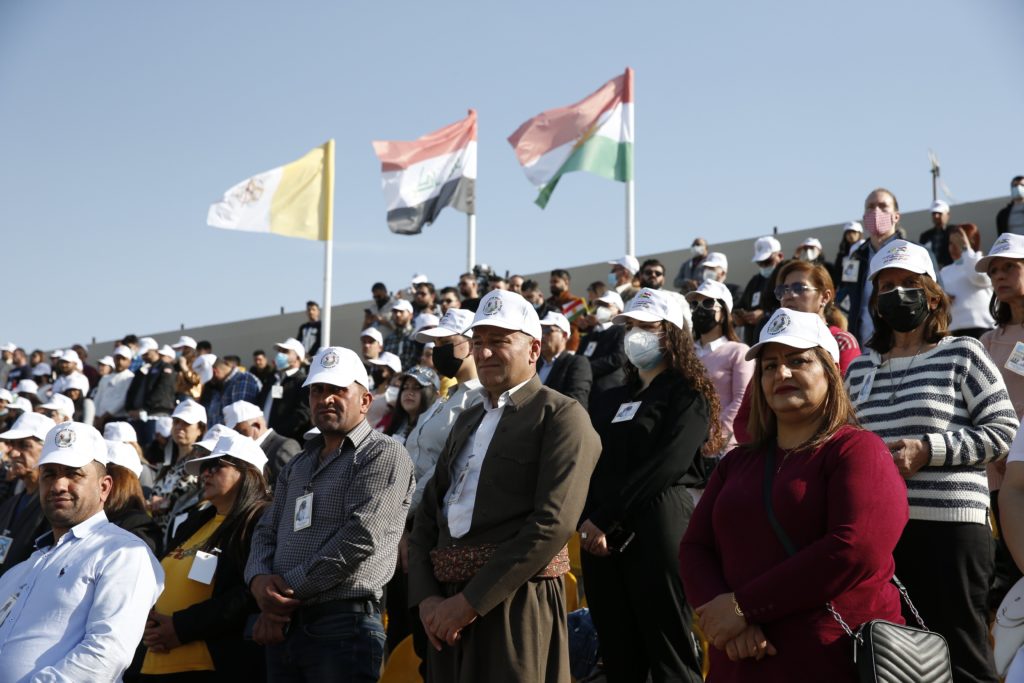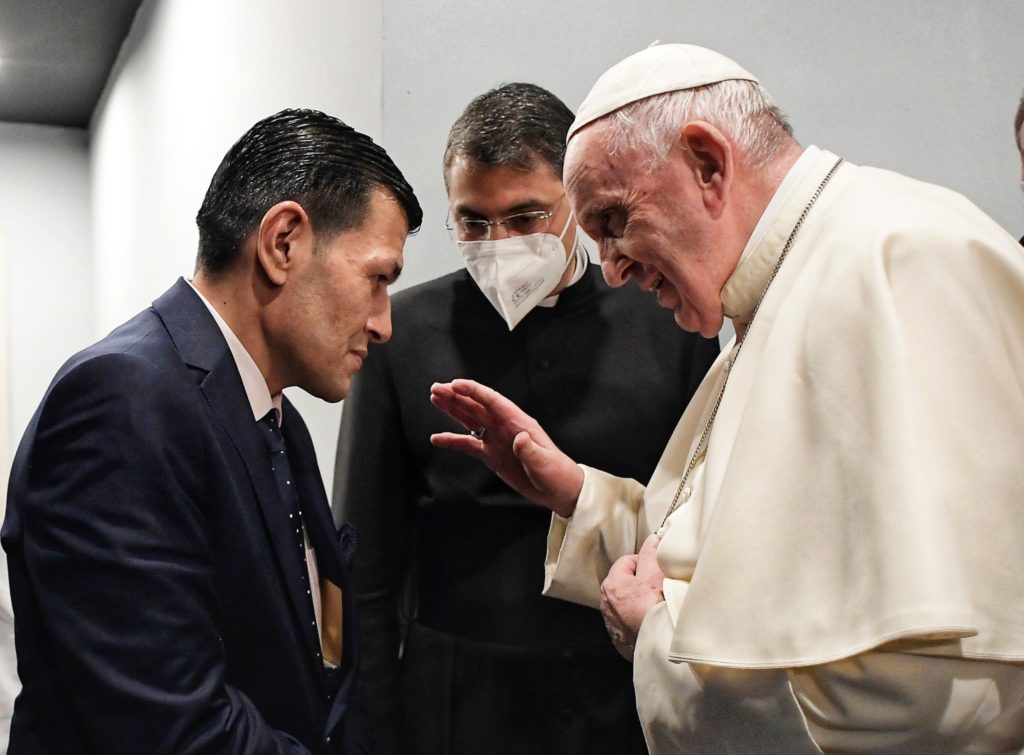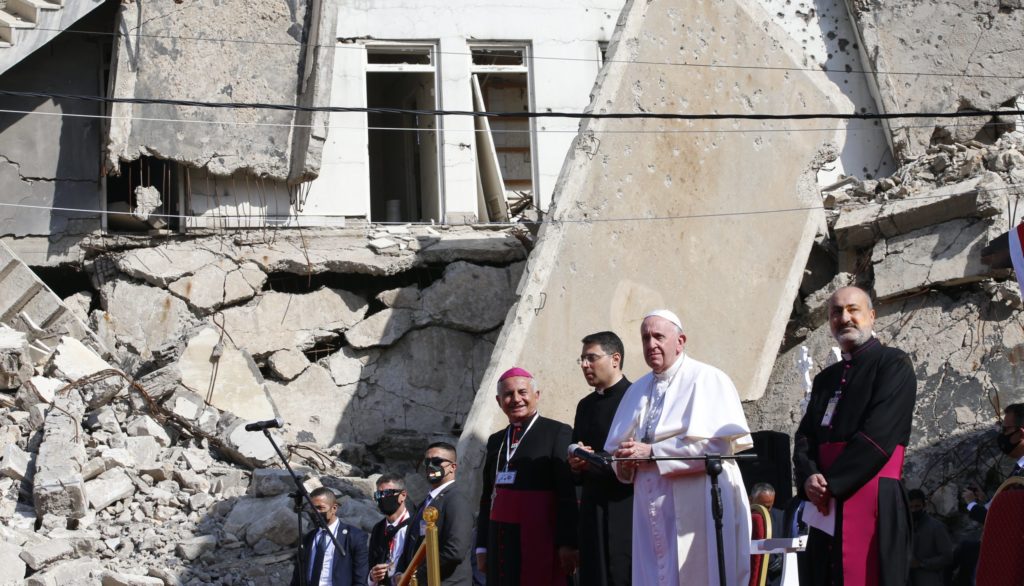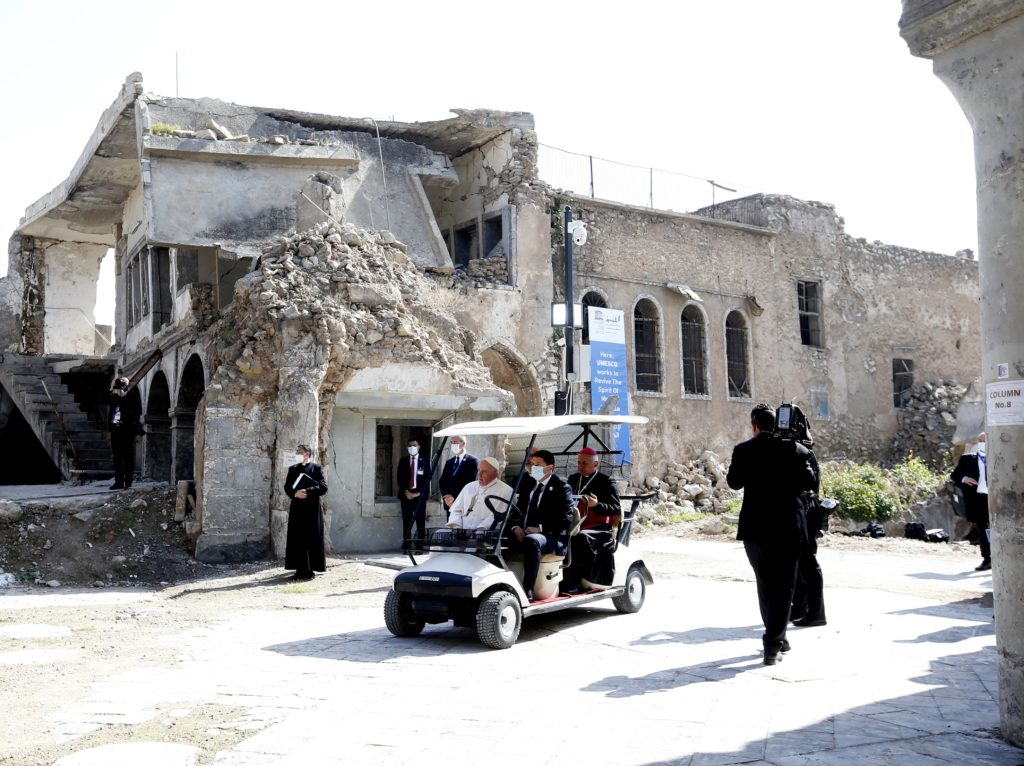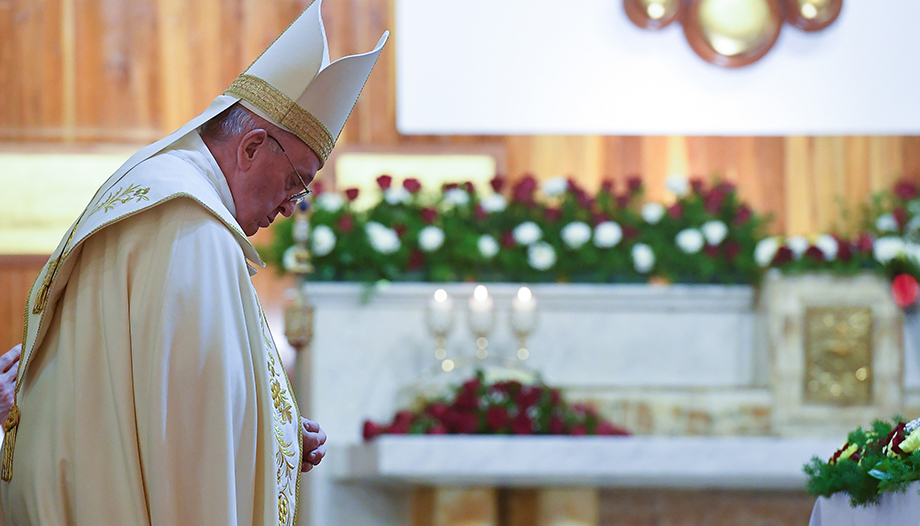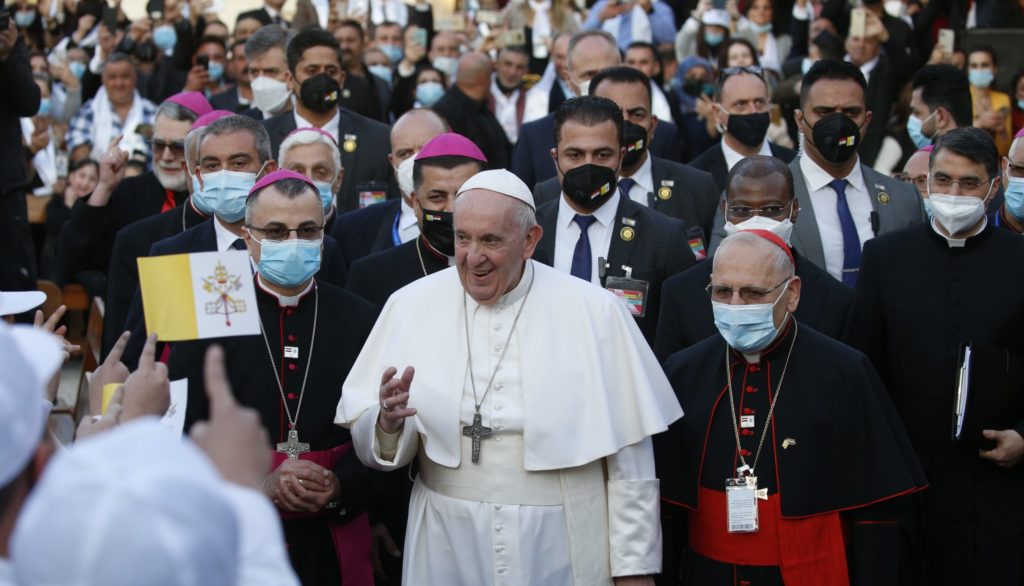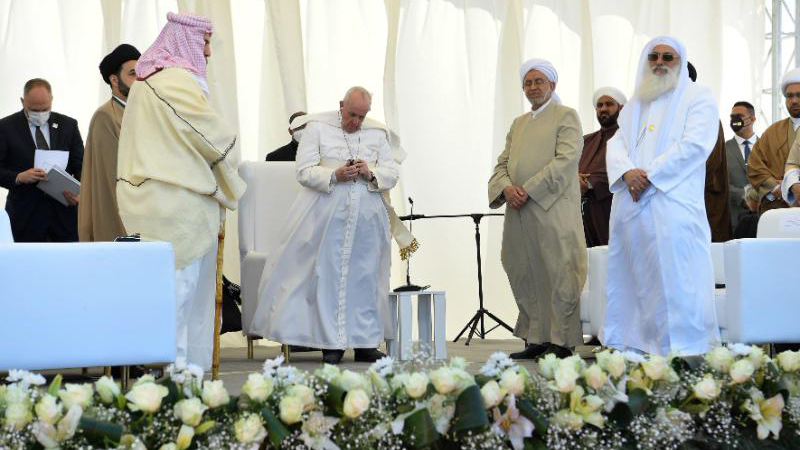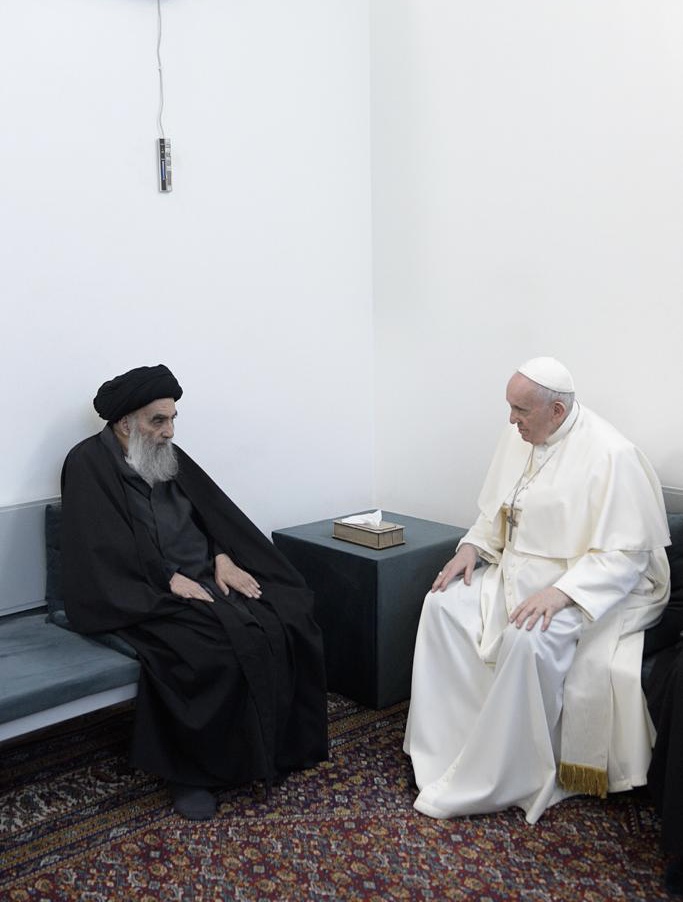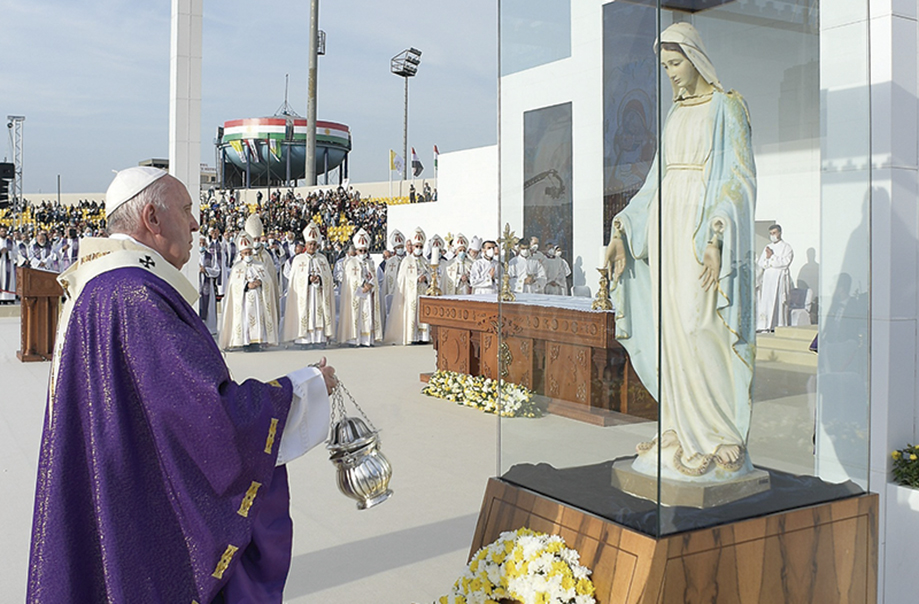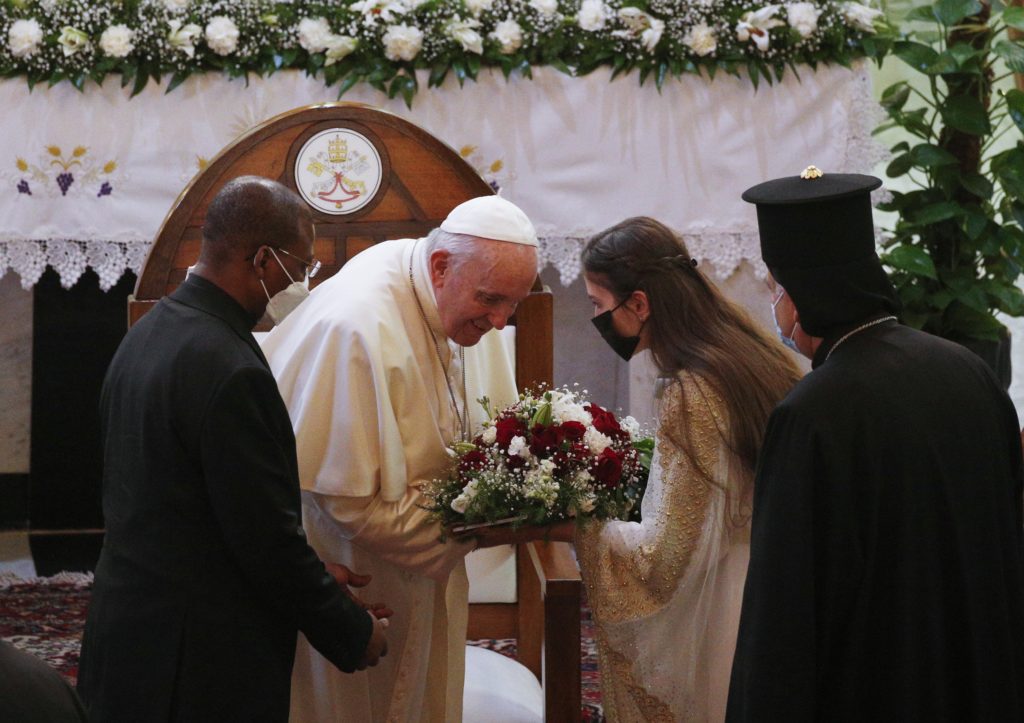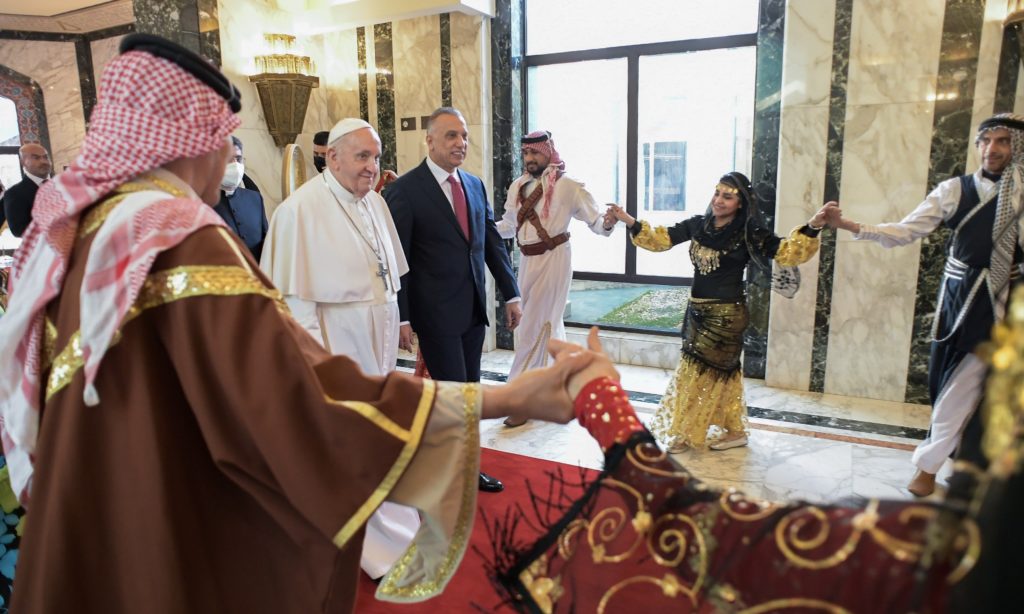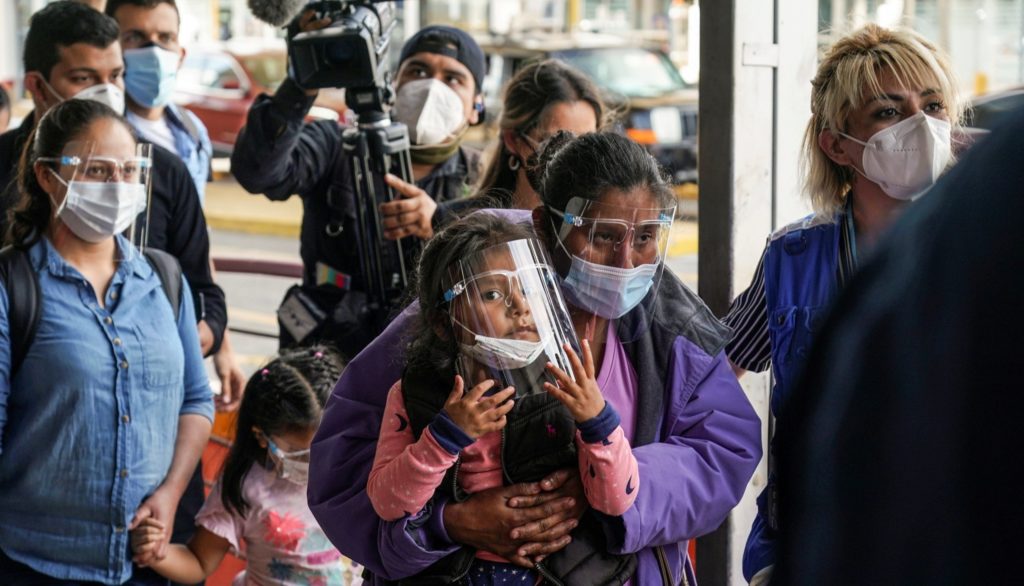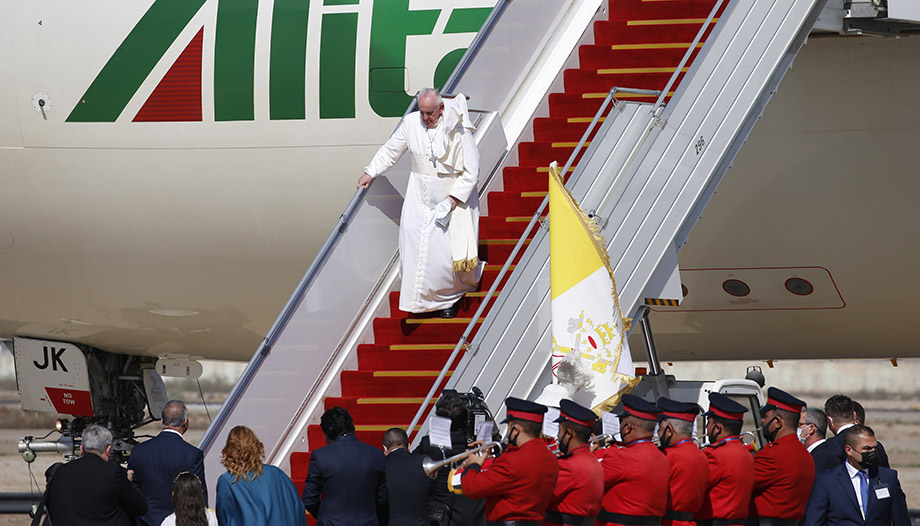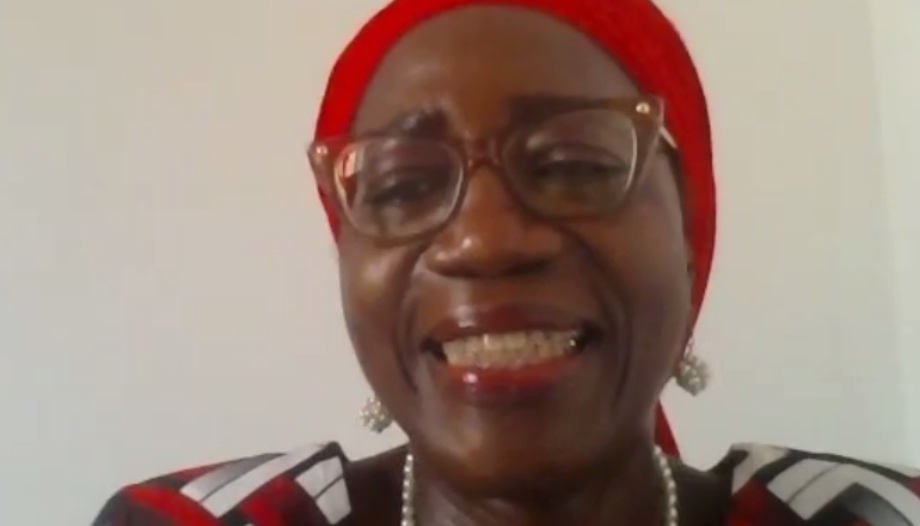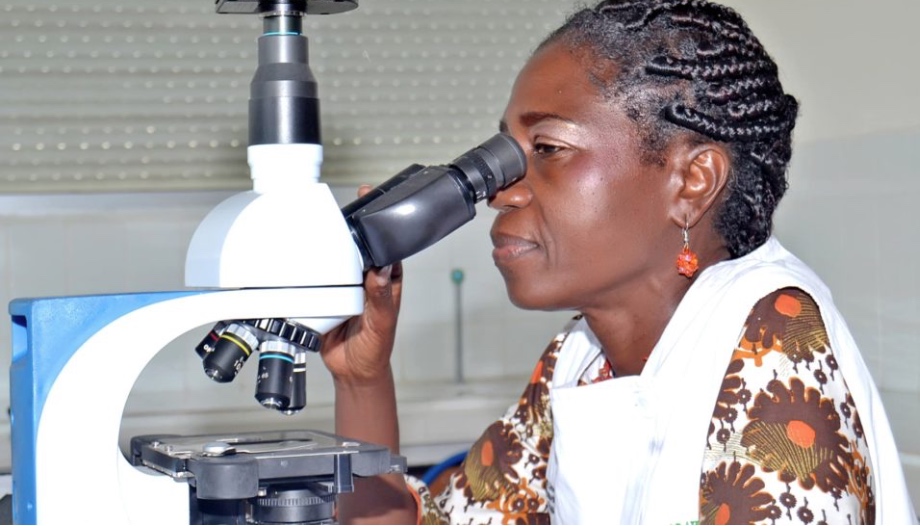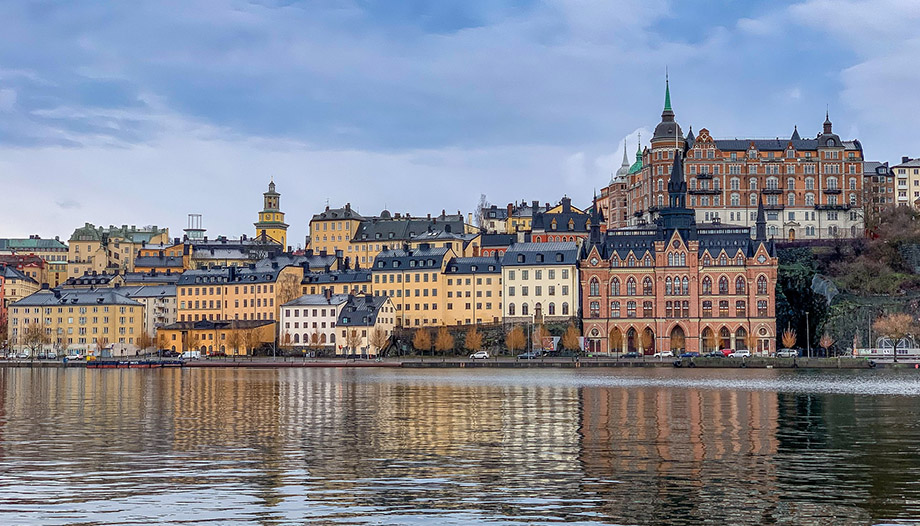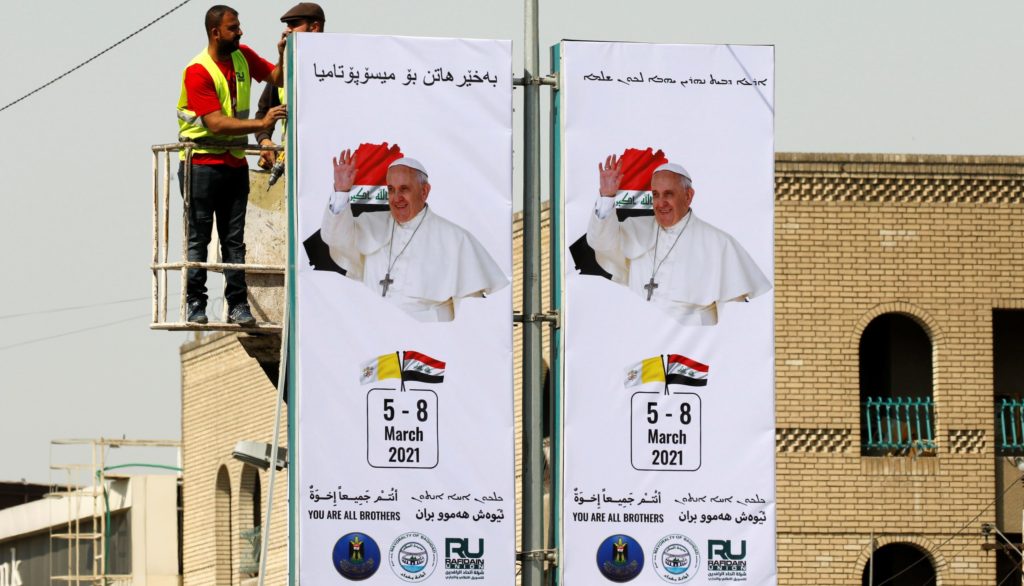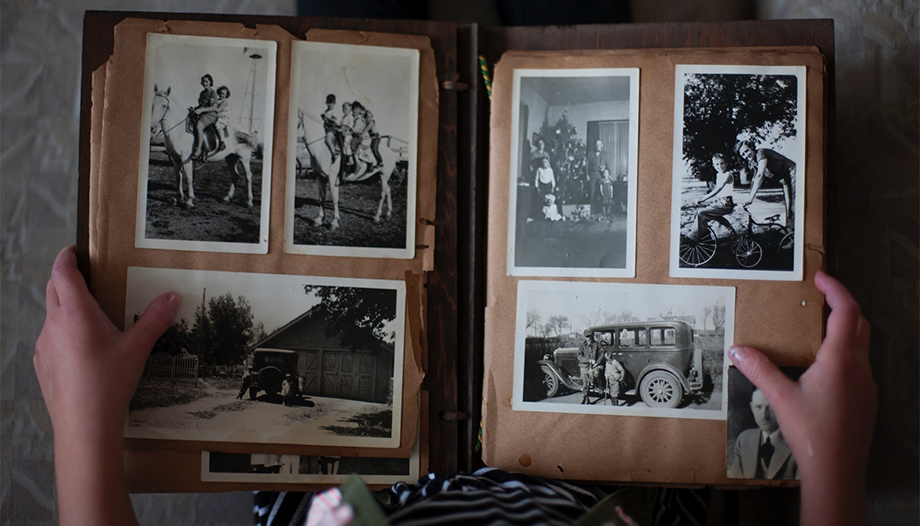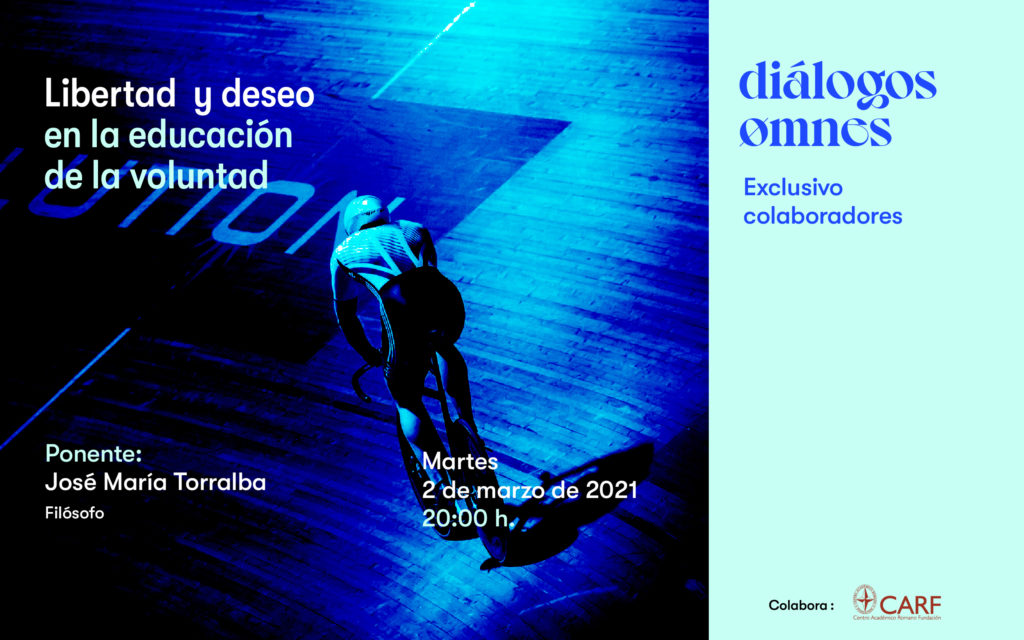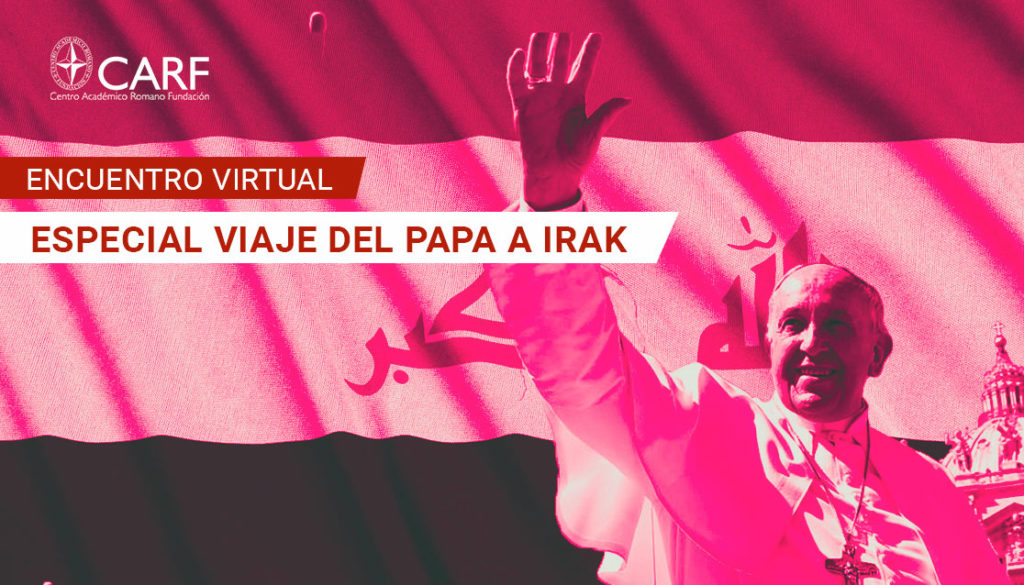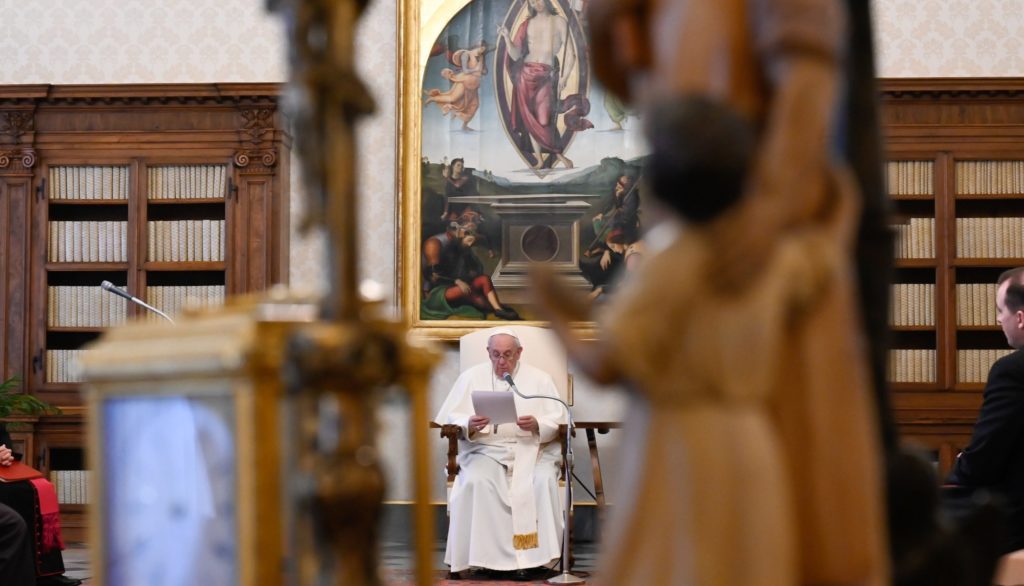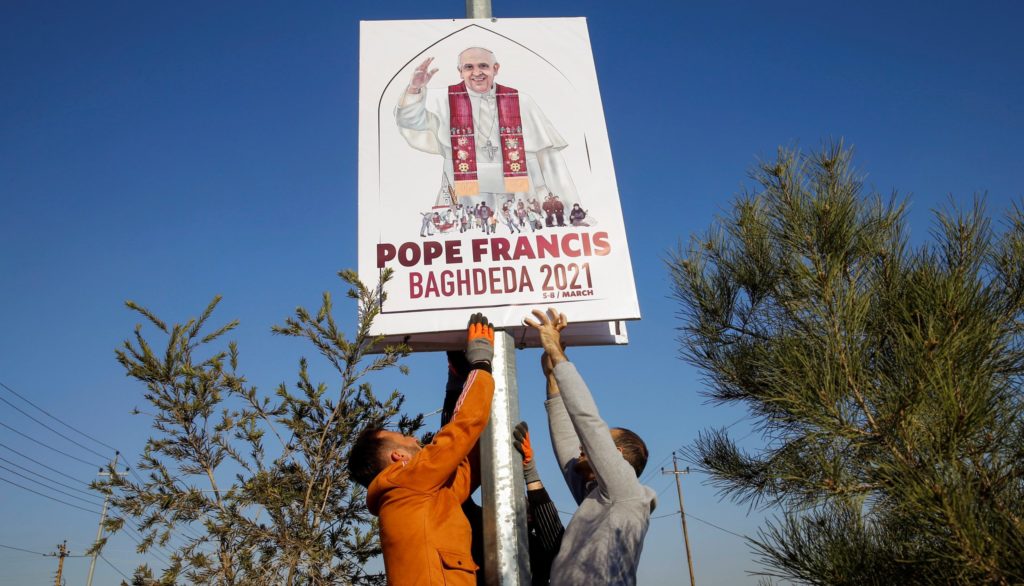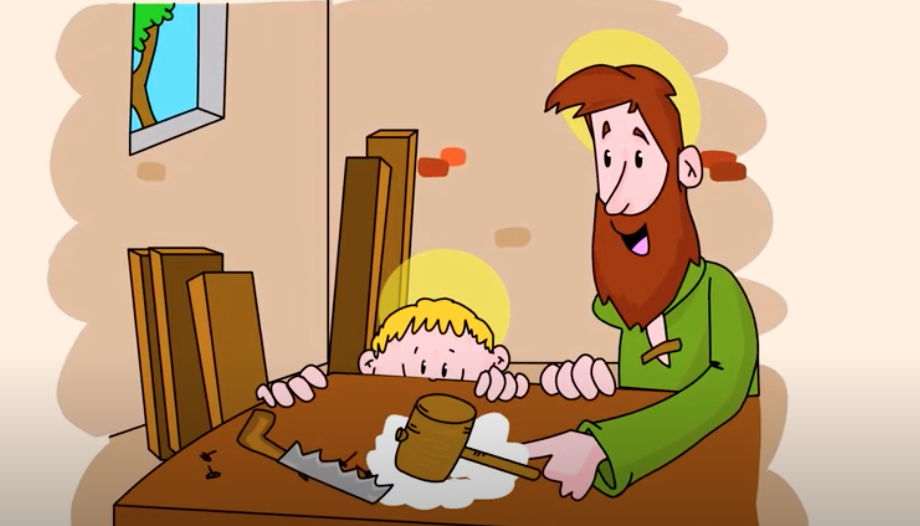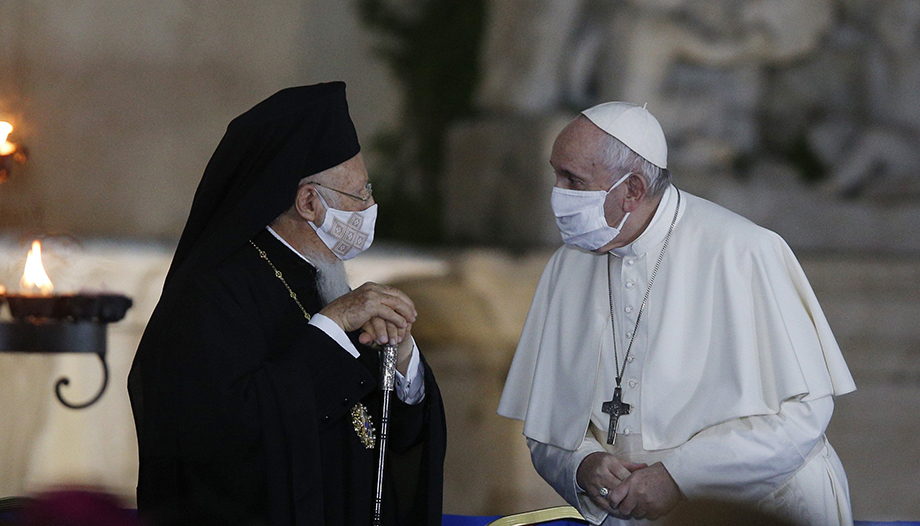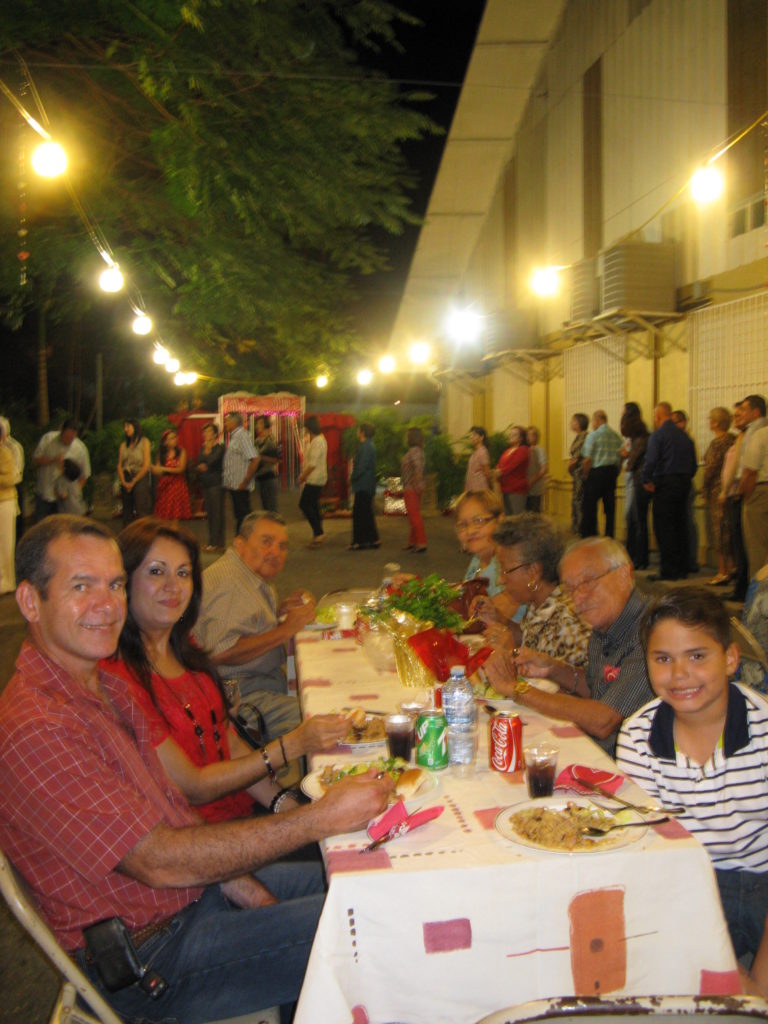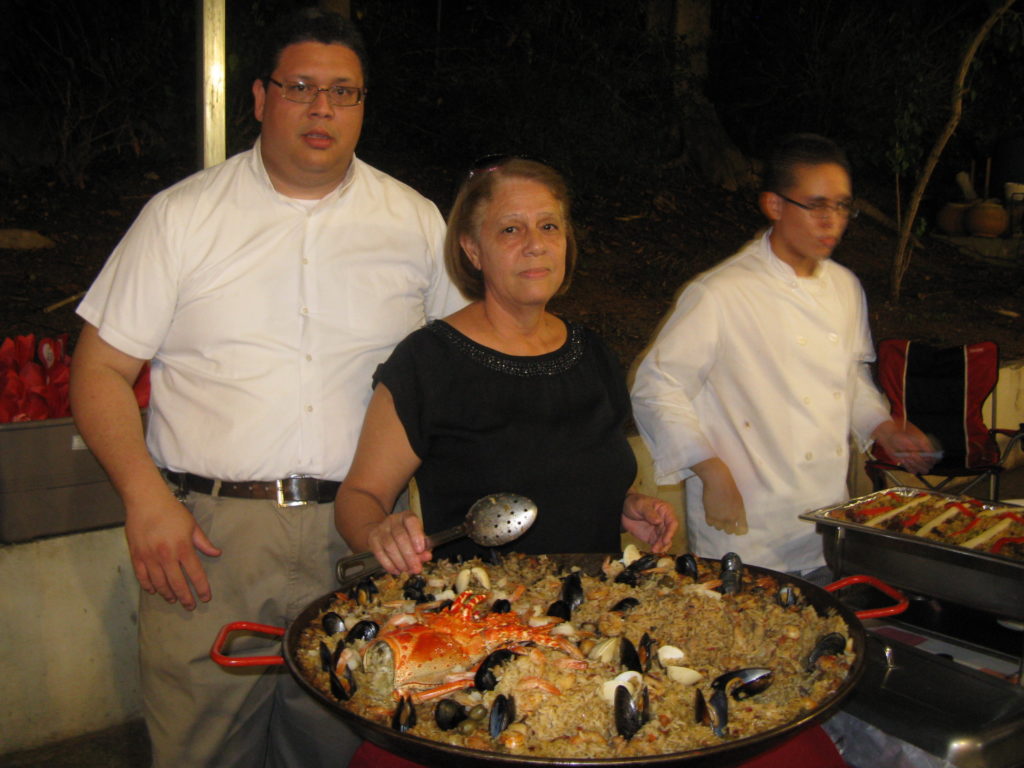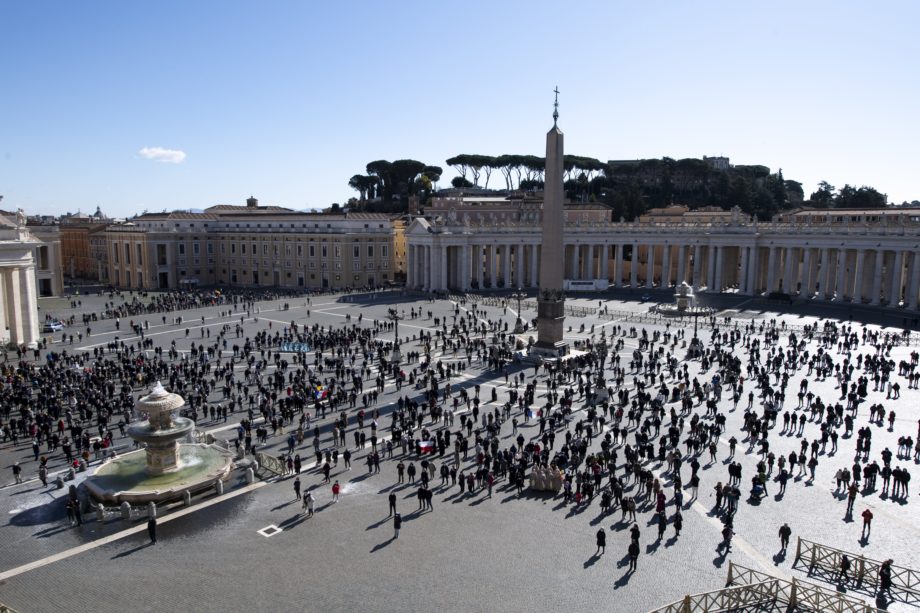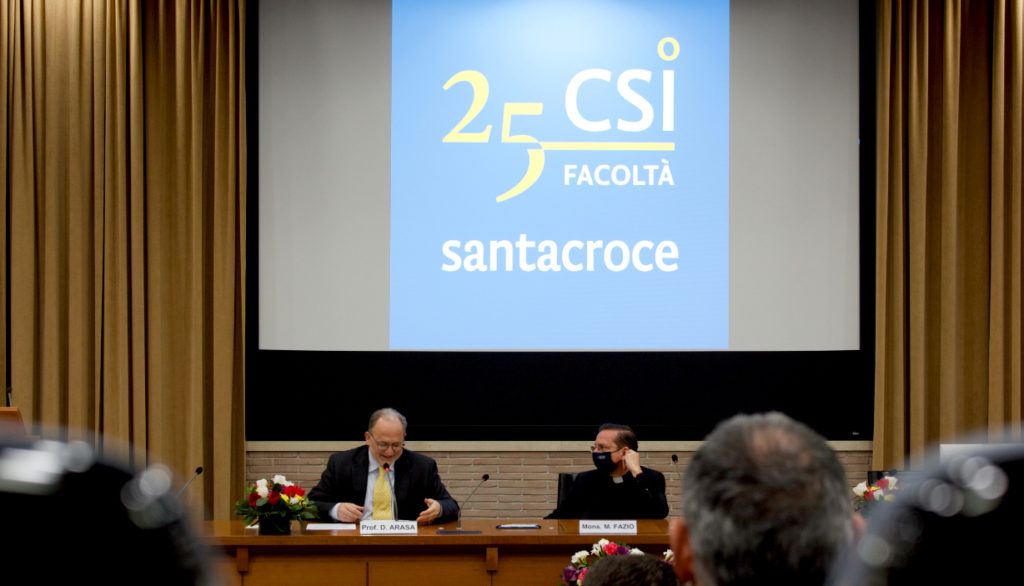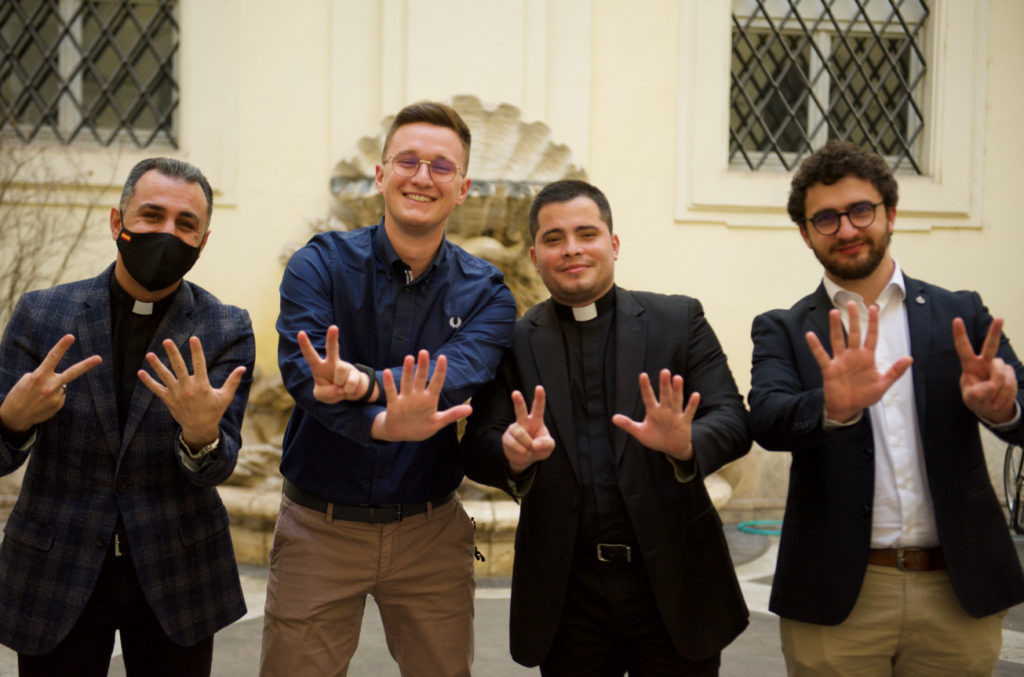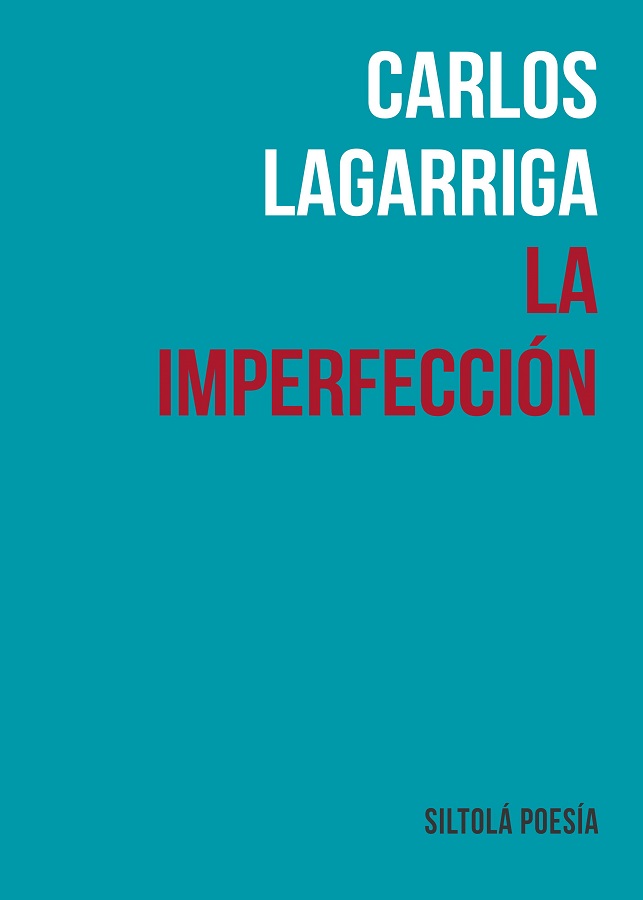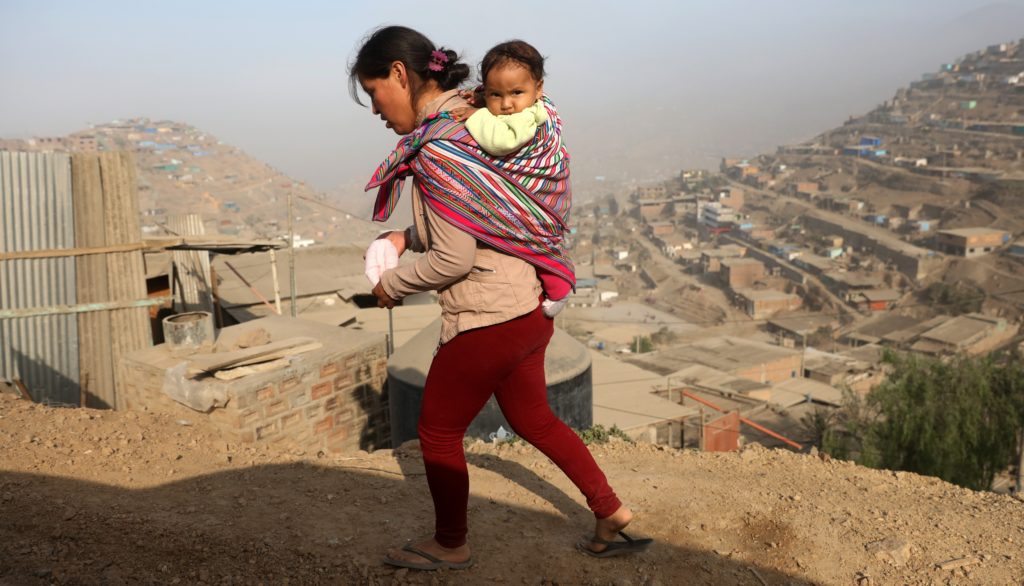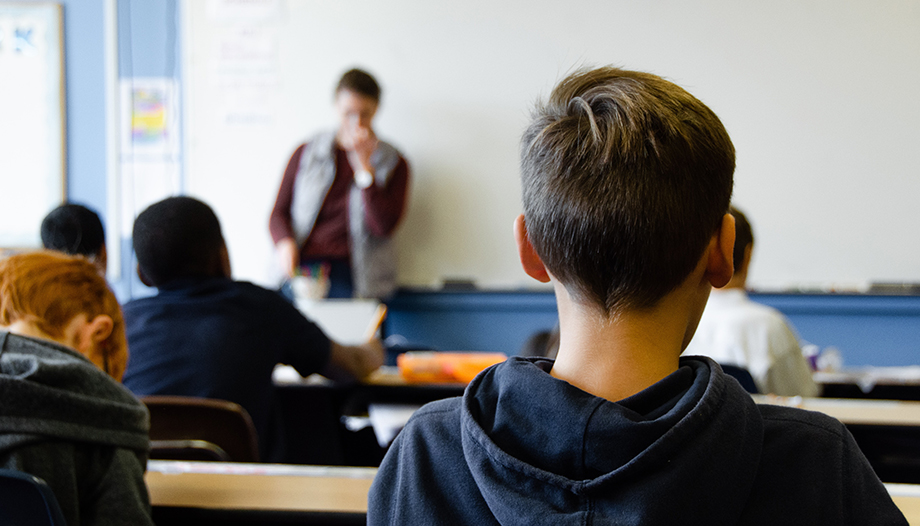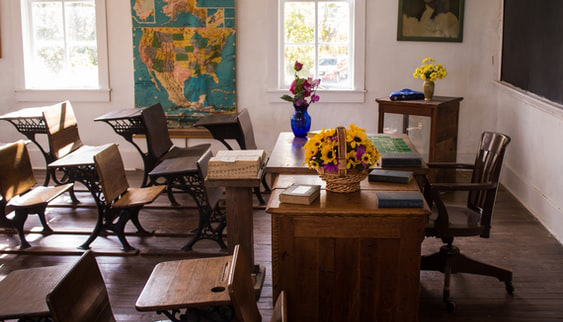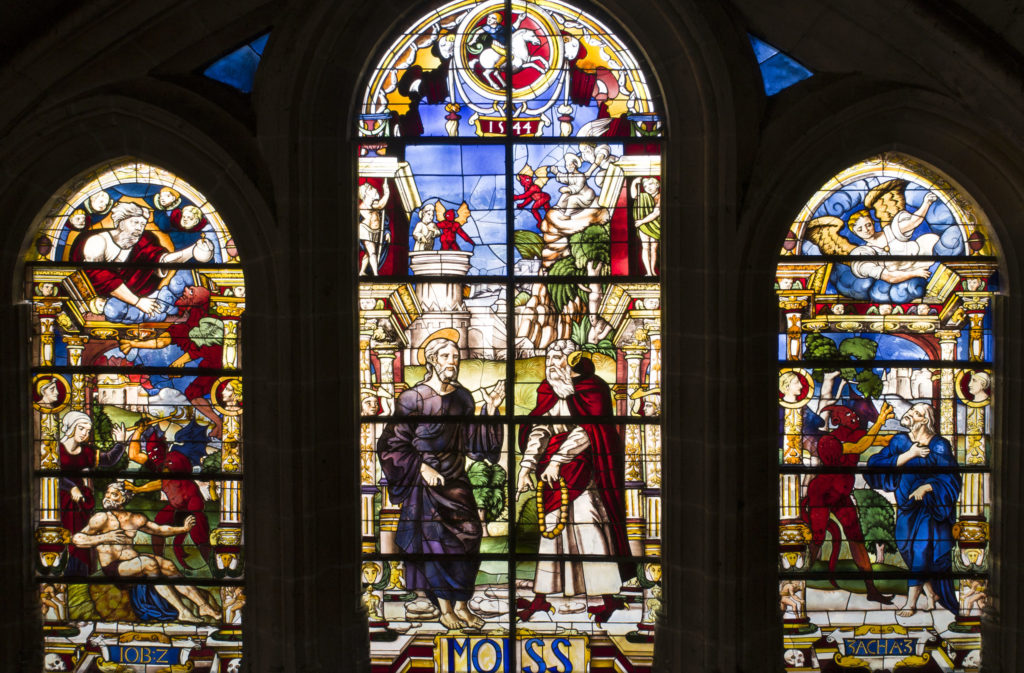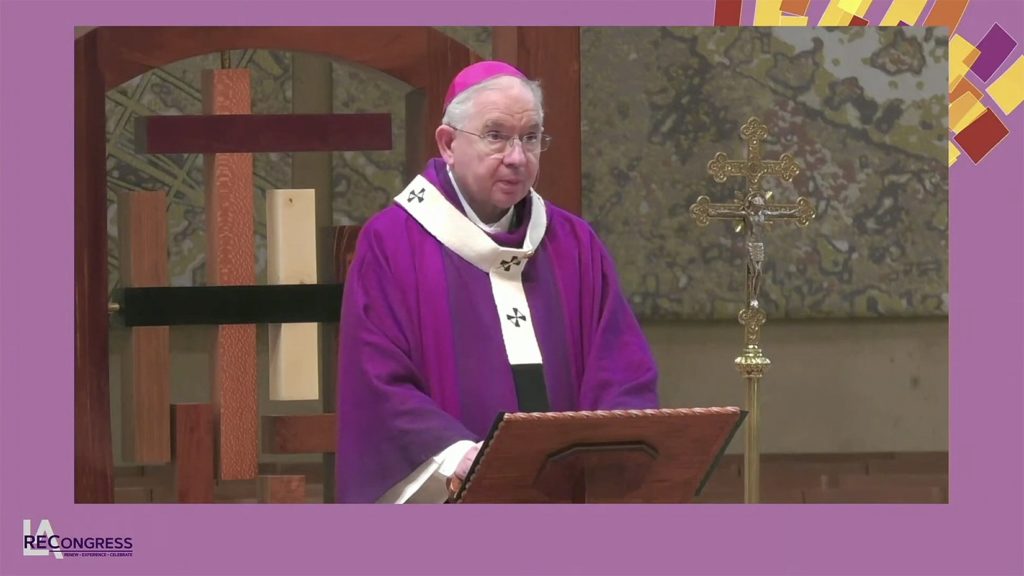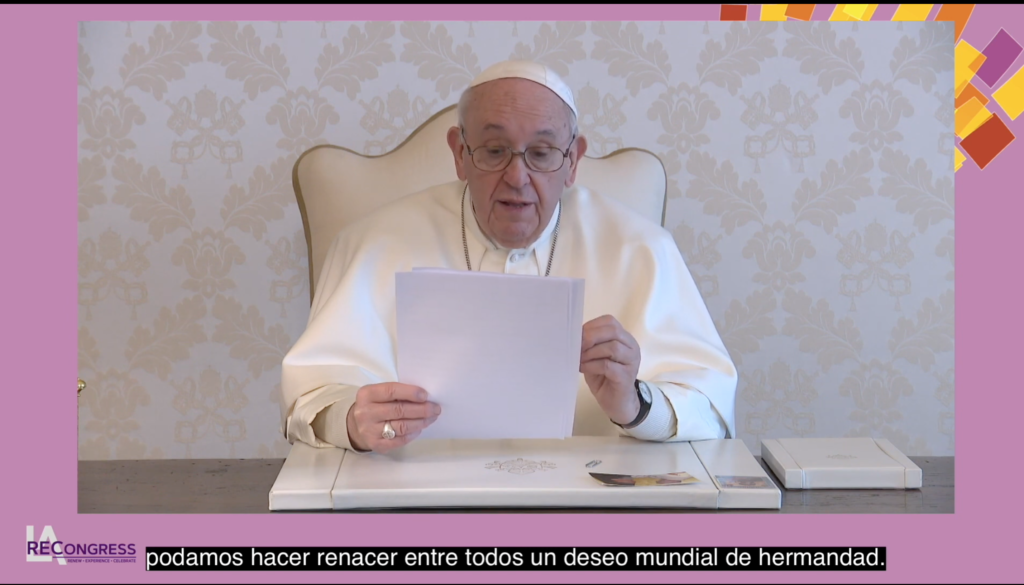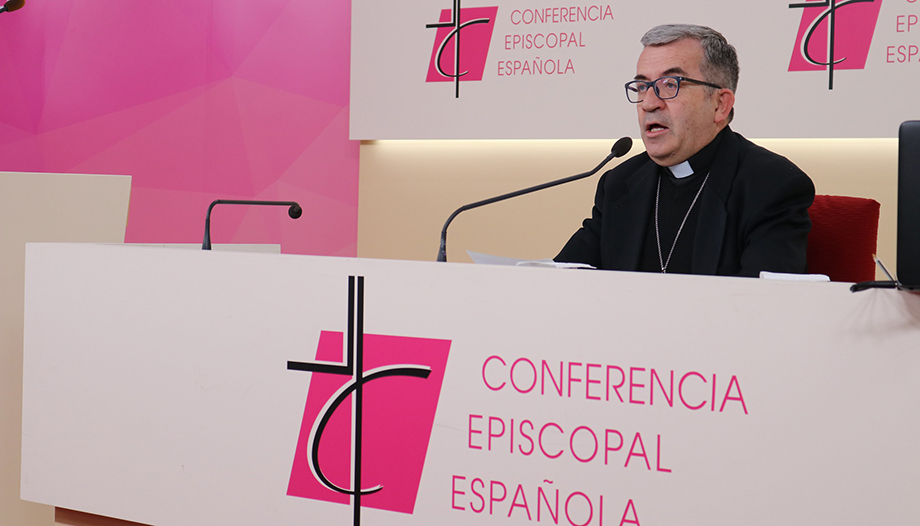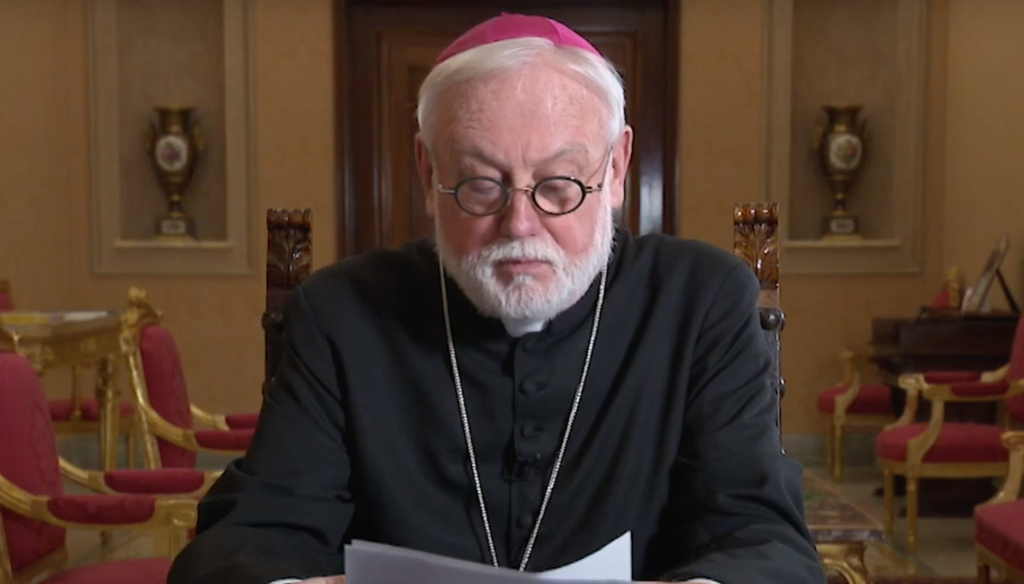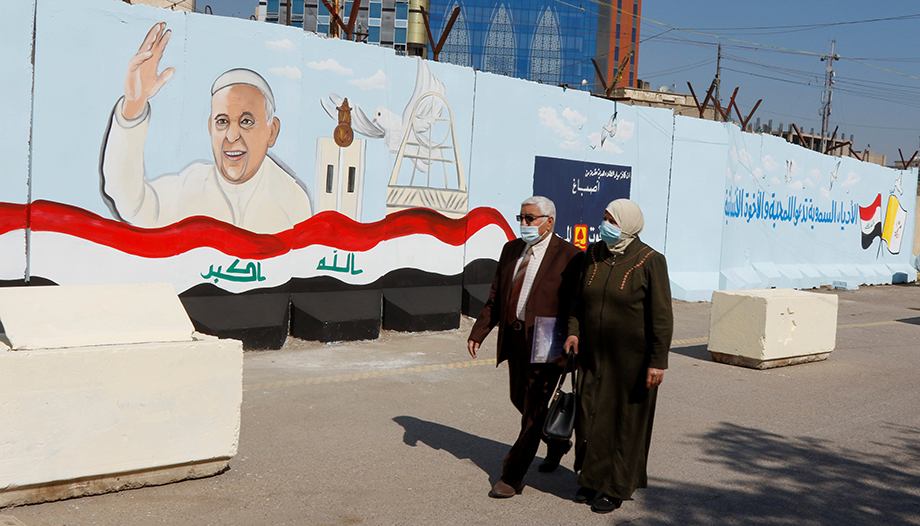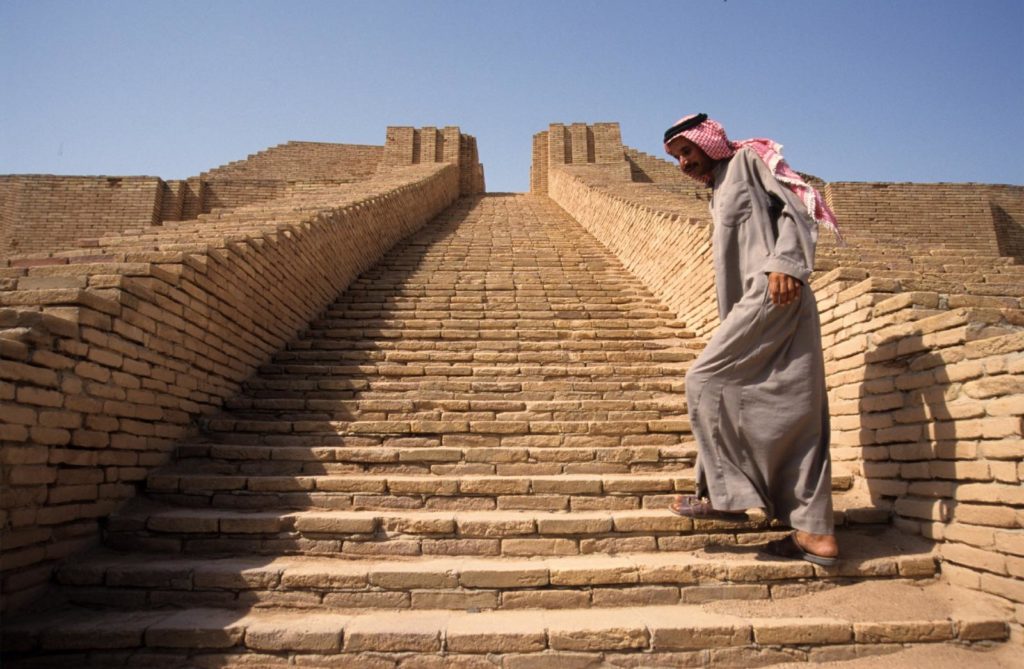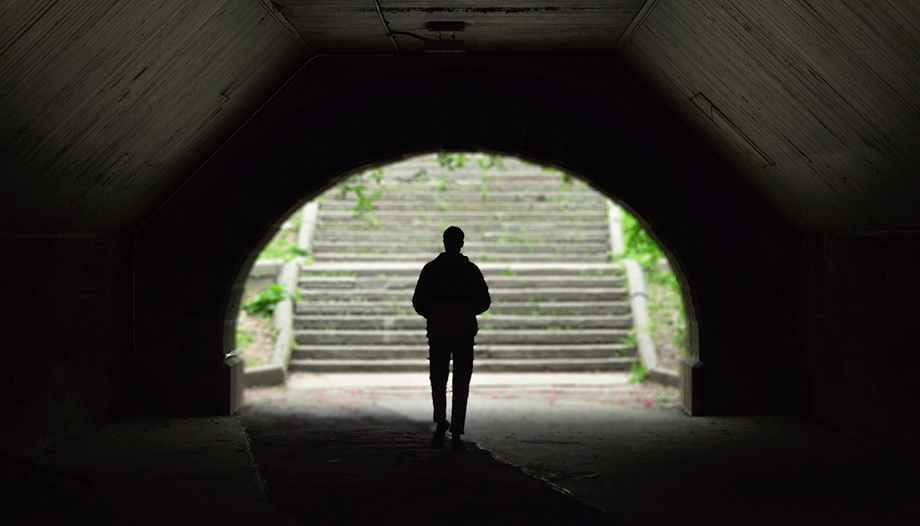Translation of the article into English
Every human being leaves behind a legacy of his existence, for what he was, for what he did, for what he used -the so-called "relics by contact"-. That also happened to the Son of God, who was a true man: he developed as one more among us during several years here on Earth, and left us that legacy we are referring to.
There is evidence that confirms the historical existence of Jesus of Nazareth. A different thing are those objects of which he made use and that have been able to reach our days, whose authenticity in the great majority of the cases cannot be certified but by the tradition that accompanies the piety.
Narratives that come to life
Certainly the Apostles and first disciples recognized Jesus as the Redeemer, sent by the Father, and it is to be expected that what he wore would be treated with great devotion and reverence. The first Christian communities would try to keep a good memory of the Master, as much for what he did and said as for what he wore. Exactly what happens to us with our ancestors, but in this case it is the same God incarnate.
The objects used by Christ would be of great didactic value, reinforcing with great efficacy the teachings of his doctrine that was transmitted from generation to generation. In other words, the narration of the Redeemer's deeds and teachings would come to life.
But the fact of having relics of our Redeemer goes far beyond this didactic value. We are referring to piety, to which relics help enormously.
The relics
Popular religiosity has several sources of inspiration to find itself. One of them, and of no little relevance, are the relics of the saints and, in particular, the relics of Our Lord Jesus Christ.
The Catechism of the Catholic Church dedicates its point 1674 to popular religiosity, and points out that ".The religious sense of the Christian people has always found its expression in various forms of piety around the sacramental life of the Church, such as the veneration of relics, the veneration of the Holy Sacraments, and the veneration of the Holy Spirit. (...)", citing as sources the Council of Nicaea II and the Council of Trent.
Certainly anyone can be inspired by a relic to reach God. In the case of the relics of Jesus, it is about God himself, and for this reason they acquire a very particular relevance.
It is very graphic, and helps us to understand the value of what Jesus used, the passage of the woman who was suffering from a serious illness but thought that by touching the clothes of the Messiah she would be cured. The evangelist tells us that Jesus cured her, rewarded her faith demonstrated by the fact that she thought that by touching the clothes of God made man himself she would be cured.
This Gospel event and other similar ones, as well as the consideration of the greatness of the fact that God became one of us, would lead us to consider these objects used by Jesus as holy, to give them the character of "mediators" between the divine holiness and the needs of souls in this world.
What are relics in the Catholic Church?
They are the remains of the santos -and of Our Lord Jesus Christ - after his death. In a broader sense, they constitute the whole body or each of the parts into which it was divided. Relics also include clothing and objects that may have belonged to Jesus or the saint, or may have been in contact with them, considered worthy of veneration.
From the beginning of Christianity we find signs of veneration of relics: objects related to the life of our Savior and of those who died for the faith as a result of persecutions began to be preserved and held in great esteem.
On the other hand, the cult of relics has always been a phenomenon of great social, economic and cultural importance. Because of the attraction they have aroused for so many generations. The places where relics have been preserved have acquired a special relevance for religious tourism and popular piety.
Churches with relics of the True Cross - the cross on which Jesus died - became renowned over time. Pilgrims flocked to these temples to pray before the relics and gain indulgences for their souls. At first they went to the Holy Land, but later, as the relics spread throughout the world, a whole network of pilgrimage routes emerged. Incidentally, thanks to these pilgrimages, Europe became a community of believers.
The cult of relics
Since the beginning of Christianity, the body has been venerated, both for the fact of proceeding to its burial, with that component of respect for what God created to house the soul, as well as for the fact that history has cases of miraculously incorrupt bodies of certain saints that have led to venerate them as something sacred.
In the case of Our Lord we can refer to his holy blood, which, as we will see in another article, is preserved as a relic and arouses great interest and devotion.
Likewise, as we said, what those who would be proclaimed saints wore, and of course what Our Lord wore, would arouse admiration and piety in believers.
During the period of persecutions at the birth of the Church, the cult of relics was deeply rooted. Many would go to great lengths to obtain a relic. Huge sums of money were paid for the body of a martyr or for his utensils.
And, as so often happens in the history of mankind, disputes and even quarrels arose between cities over the ownership of relics.
Relics and liturgy
Gradually the relic was linked to the Eucharistic sacrifice, to the point that in the early days of Christianity Holy Mass was celebrated over the remains of the holy martyrs who had shed their blood for the Kingdom of Heaven. In fact, the first basilicas built after the first persecutions were erected over the crypts where the bodies of the martyrs lay. Later, some of these bodies were transferred to the cities to be deposited in temples built on top of the crypts where the bodies of the martyrs lay. ad hoc for it.
The bodies of the saints were deposited as relics at the doors of the churches: the faithful kissed them before entering. Another place where they were kept was in private oratories and sometimes even in private homes.
There was a time when the practice of fragmenting the bodies of the saints began and how much was used to distribute it among the various Christian communities. Many held that no matter how small the fragment, it retained its virtue and miraculous powers. In the case of Our Lord, as we shall see, it would also happen with the cross on which he died, with his blood and other relics.
La Vera Cruz: discovery and several vicissitudes
The Vera Cruz ("true cross") is the one on which, according to tradition, Jesus Christ was crucified.
In the 4th century, Emperor Constantitus sent his mother, Empress Helena of Constantinople - Saint Helena - from Rome to Jerusalem to demolish the temple of Venus on Mount Calvary, and had it excavated until what was believed to be the True Cross was found. It is documented by historians of the IV and V centuries.
Tradition has it that the saint interrogated the most learned Jews of the country to verify the authenticity of the cross of Jesus, after which the ground of Golgotha, where Our Lord was crucified, was examined. Jerusalem was totally destroyed in 70 A.D. by Titus, including the temple, and therefore it was thought that the Holy Cross could be found underground.
Three crosses were found: that of Jesus and that of the two thieves. As it was impossible to know which of the three crosses was that of Jesus, the legend tells that Helena had a sick man brought to her, who when he came in contact with the cross of Gestas, his health worsened, and when he was touched with the cross of Dimas, he remained as he had been at the beginning; but when he was touched by that of Jesus, he was completely restored. The day of the Invention of the Holy Cross is celebrated on May 3.
The title of the crime
Although some argue that what is relevant to identify the cross of Jesus would be the title ("titulus") of the crime of the executed that was placed on his head, once crucified. In the case of Our Lord, "Jesus of Nazareth, King of the Jews", according to St. John in his Gospel.
The saint divided the Holy Cross, and half of it she took with her back to Rome.
Today we have the Basilica of the Holy Sepulchre, built by the Empress in the place where the cross was found and where the relic was kept. Years later, in the 7th century, on the occasion of the Persian conquest of Jerusalem, the True Cross was outraged and relocated. But soon it was recovered and returned to Jerusalem, and legend has it that in the procession of entry into the city the emperor wanted to carry the cross, and unable to do so, he had to strip off the finery he wore; then, as Christ with no other adornment than his being, he could carry it and bring it into Jerusalem. That is why the feast of the Exaltation of the Holy Cross is celebrated.
But for several more times, as it is known, Jerusalem was occupied and sacked, and also the relics of the True Cross suffered such occupation and sacking. At the beginning of the 12th century, when Jerusalem was reconquered by the Crusaders and the Church of the Holy Sepulchre was rebuilt, the holy city once again had the holy relics.
In short, the parts of the Vera Cruz that were preserved in Rome suffered various vicissitudes, such as the title, which was hidden in various places of the temple, even in the wall, discovered in many others, and walled up again. To date only the right half of the "titulus" is preserved in the church of the Holy Cross.
Several testimonies on the Vera Cruz and the paleographic evidence
We have several direct testimonies about encounters with the True Cross, such as the visit of Egeria the Spaniard in 383 AD to the Holy Sepulchre. Or that of Socrates Scholasticus in the 5th century, who described the relic as "a tablet with different symbols written by Pilate, saying that Christ, King of the Jews, has been crucified". Also Somozeno of Gaza knew some of the workers who discovered the crosses in the Gogotha, and testifies about the titulus written in Hebrew, Latin and Greek.
In any case, these data do not seem conclusive to determine the authenticity of the relic. There is one test that could not be performed due to the smallness of the relic samples: the dentrological analysis of the wood.
However, the paleographic test could be carried out in order to examine the writing and determine the time and place of the writing based on the calligraphy. As for the "titulus" it coincides with the praxis of the time the fact that the name of Jesus is abbreviated in the three languages in which it is written: Hebrew, Greek and Latin. As for the way of writing, Jewish, it coincides with the use of the first century A.D. of the inclined letters with long tails. Specialist Jewish paleographers conclude that the letters of the "titulus" are typical of the first century.
We also have studies that assure that the "titulus" we have could not have been a copy or forgery, both because the name of Jesus is abbreviated, as was the custom of the time, and because of the order in which the languages are listed: Hebrew, Greek and Latin - if it had been forged, we can imagine that it would be listed according to the order of the Gospel of St. John, Hebrew, Latin and Greek-.
Relics of the Vera Cruz as of today
The dispersion of the relics to different churches in different countries is documented, starting from the division made by St. Helena of what was found of the True Cross. Each parish wanted to have a testimony of the suffering of Christ on the Cross.
Fathers of the Church, such as St. Gregory of Nyssa and St. John Chrysostom, wrote that some Christians wore fragments of the Cross around their necks in golden reliquaries.
We have fragments of the True Cross in many churches around the world, notwithstanding the lack of verification of its authenticity in many of these cases, because we do not know if they correspond to the one found by St. Helena or in any case with the one on which Jesus Christ died.
The relics used to be divided, for very diverse reasons, always considering that each fragment conserved the virtues of the original relic. By way of example, suffice it to cite the documented division of the Patriarch Sophronius I in 638 of the relic in 19 parts, dispersing them in various cities to prevent the Muslims from destroying it.
Or the taking of Constantinople, Byzantine capital, at the beginning of the 13th century, by the Crusades, who, requisitioning dozens of relics, were taken to several European cities. Among these cities, Venice stood out, where several samples of our relic were taken -in fact, to this day, the Basilica of St. Mark houses one of the largest pieces of the True Cross-. Or the dispersion of small splinters of the relic on the occasion of the deliveries made by various Popes to different people and communities over the centuries.
The authenticity of relics
Historically there have been many forgeries and reproductions of the relics of Vera Cruz, to the point that the Church imposed strict rules to determine their authenticity and to avoid as much as possible their traffic and forgery. The Fourth Lateran Council in 1215 forbade the transfer of the relics, providing for the prohibition to buy or sell them under penalty of excommunication.
On the other hand, there has been speculation about the volume of the cross of Christ that could have been preserved, and we have the 1870 study by Charles Rohault de Fleurywho concluded that the sum of all the existing relics amounted to one third of a cross three meters high.
As for the veracity of the relics of the True Cross, it has been concluded that at least those from Rome, Constantinople or Jerusalem are genuine.
Other fragments
Other fragments also considered by many to be authentic are found in the monastery of Santo Toribio of Liébana at Cantabria -In the 5th century, Toribio, who was entrusted with the custody of the Vera Cruz, was appointed bishop of Astorga and returned from Jerusalem to Spain, taking part of the relic with him; and in the 5th century, Toribio, who was appointed bishop of Astorga, returned from Jerusalem to Spain, taking part of the relic with him. Caravaca de la Cruz, Spain.
According to an analysis carried out in 1958, the piece of wood preserved in the monastery of Santo Toribio de Liébana corresponds to the species Cupressus sempervirensThe possibility that such wood may be older than the time period corresponding to the common era was not excluded. The same study specified that Palestine is located within the geographic area of Cupressus sempervirens.
In Caspe, Zaragoza -Spain-, there is another fragment of the Vera Cruz, one of the largest in the world, in addition to those of Paris and Santo Toribio de Liébana.
In Santa Cruz de Tenerife -Canary Islands, Spain-, in the Matriz de la Concepción church is preserved the foundation cross of the Canary capital, considered a relic of the Vera Cruz itself. It is kept in a crystal urn in the shape of a cross. The said cross has the patronage of the city shared with Santiago el Mayor. The Holy Cross is also the patron saint of the town of the Puerto de La Cruzalso located in Tenerife.
One of the greatest relics of the cross of Christ is found in the Heiligenkreuz Abbey -Austria-.
Also very relevant is an image of Jesus Christ crucified, called "Santo Cristo de la Veracruz", a work of the Jaén-born artist. Juan Martínez Montañés of the early XVII centurywhich is located in the church of San Francisco in Popayan. It seems that in the interior of the cross of this image is a splinter of the Vera Cruz, acquired by the conqueror Sebastián de Belalcázar in Spain.
Relics of the Vera Cruz in the rest of the world
In all these other countries we have relics of the Vera Cruz -small historically preserved splinters-:
Veneration of the Vera Cruz
On Good Friday, in memory of the Passion of Our Lord, the True Cross is venerated in the Catholic Church, part of the Orthodox Church and the Anglican Church.
Also as a sign of special appreciation and veneration when venerating the Vera Cruz, genuflection is made -as before the Blessed Sacrament-, and it is also usually kissed.
In addition, in the case of a procession with relics of the Vera Cruz, these are carried under a canopy, as is done with the Blessed Sacrament.
On the other hand, in some liturgical celebrations the relics are used and, if the church in question has a reliquary for the True Cross, it is used for the blessing of the faithful in attendance.
It is striking how the Christians treated the fragments of the True Cross from the beginning, with how much reverence, and how they made expensive reliquaries that have survived to the present day. Authentic works of goldsmithing.





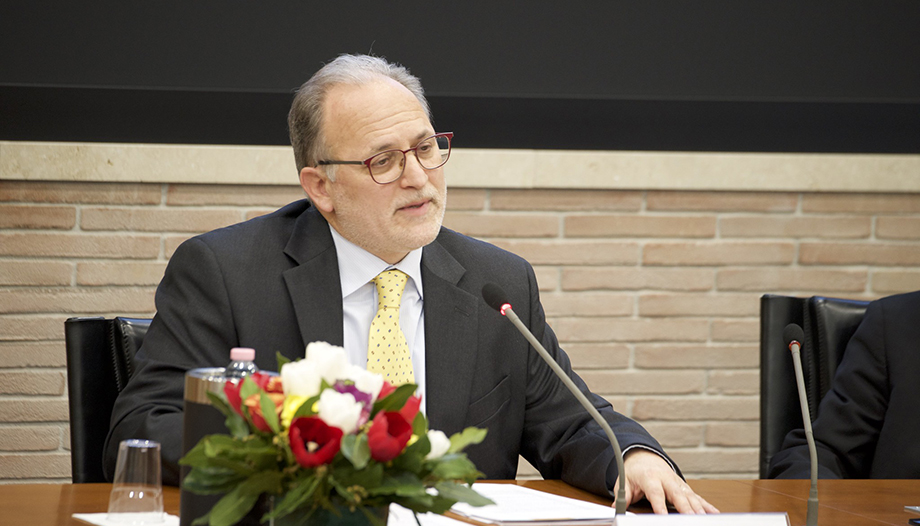






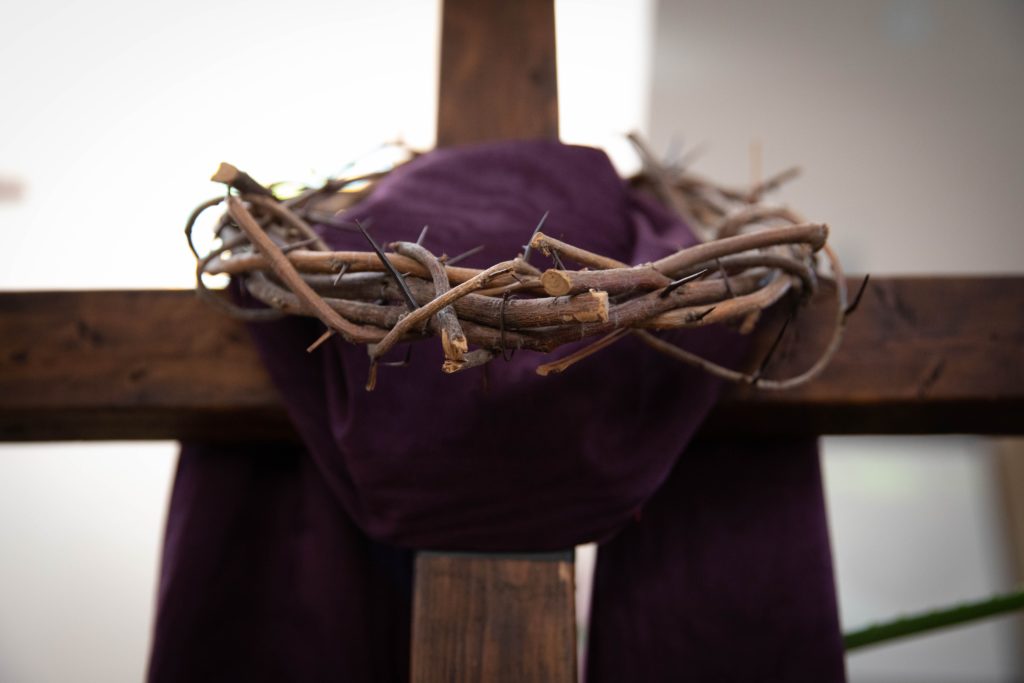
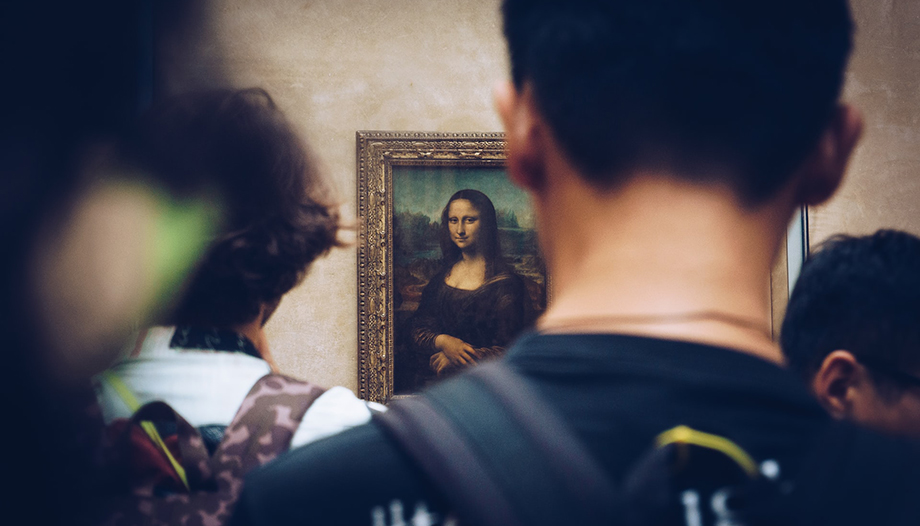
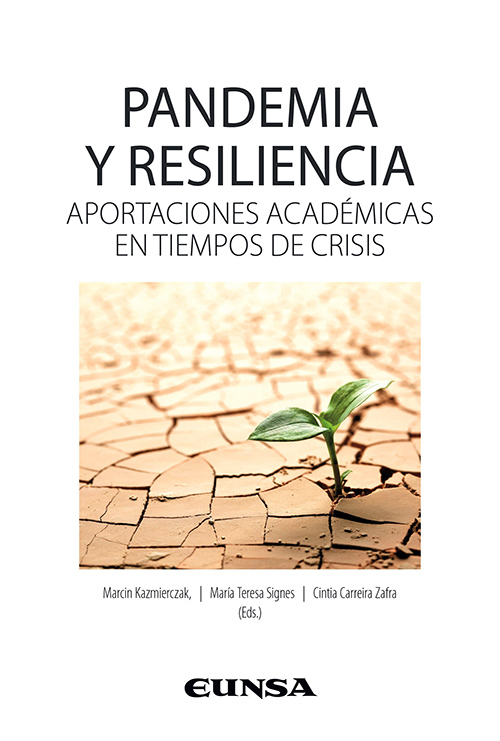

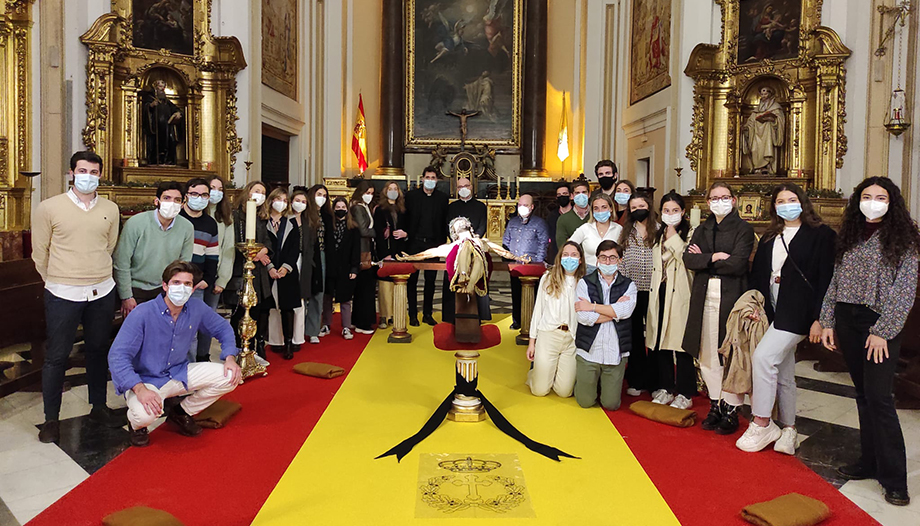
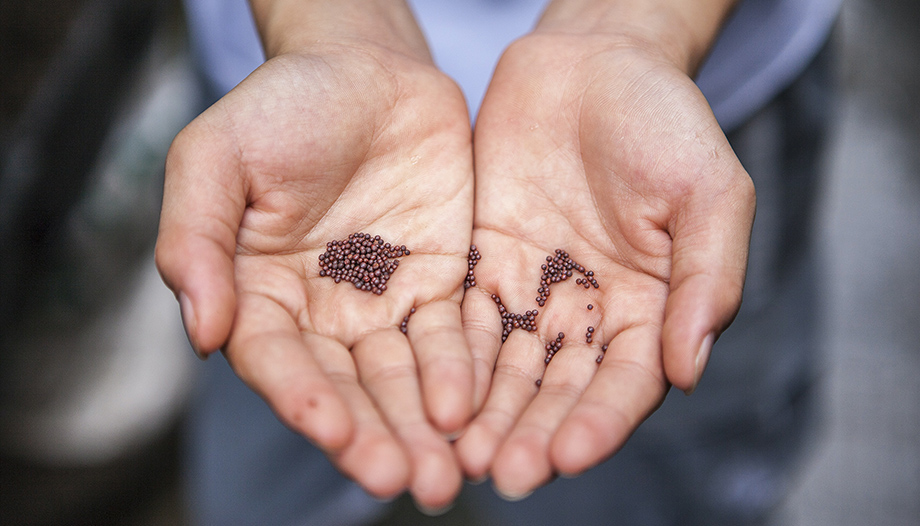
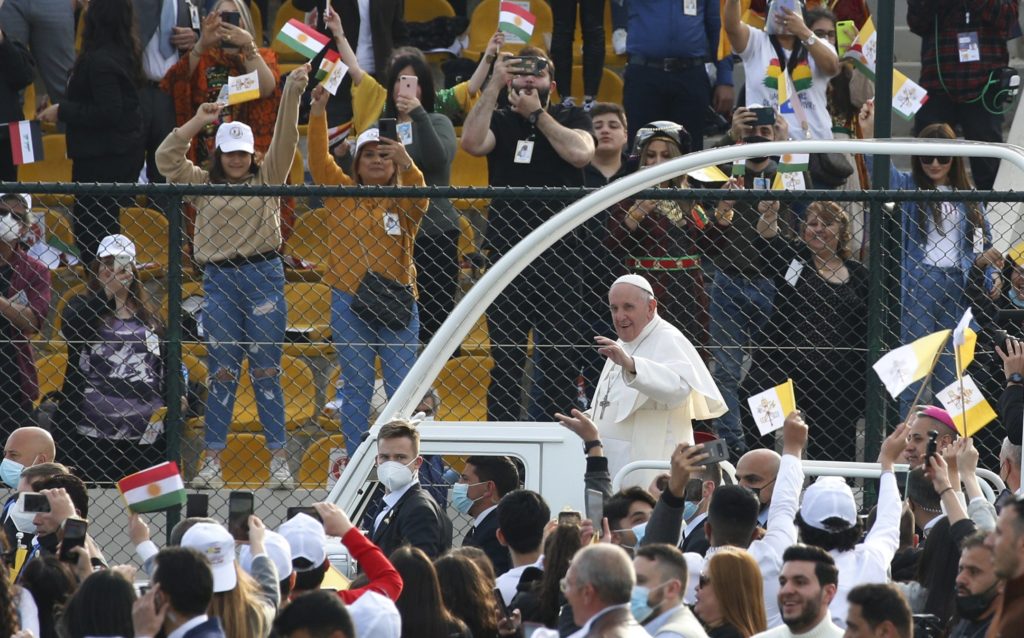
 Silence the guns! The Pope's latest cry from Iraq
Silence the guns! The Pope's latest cry from Iraq